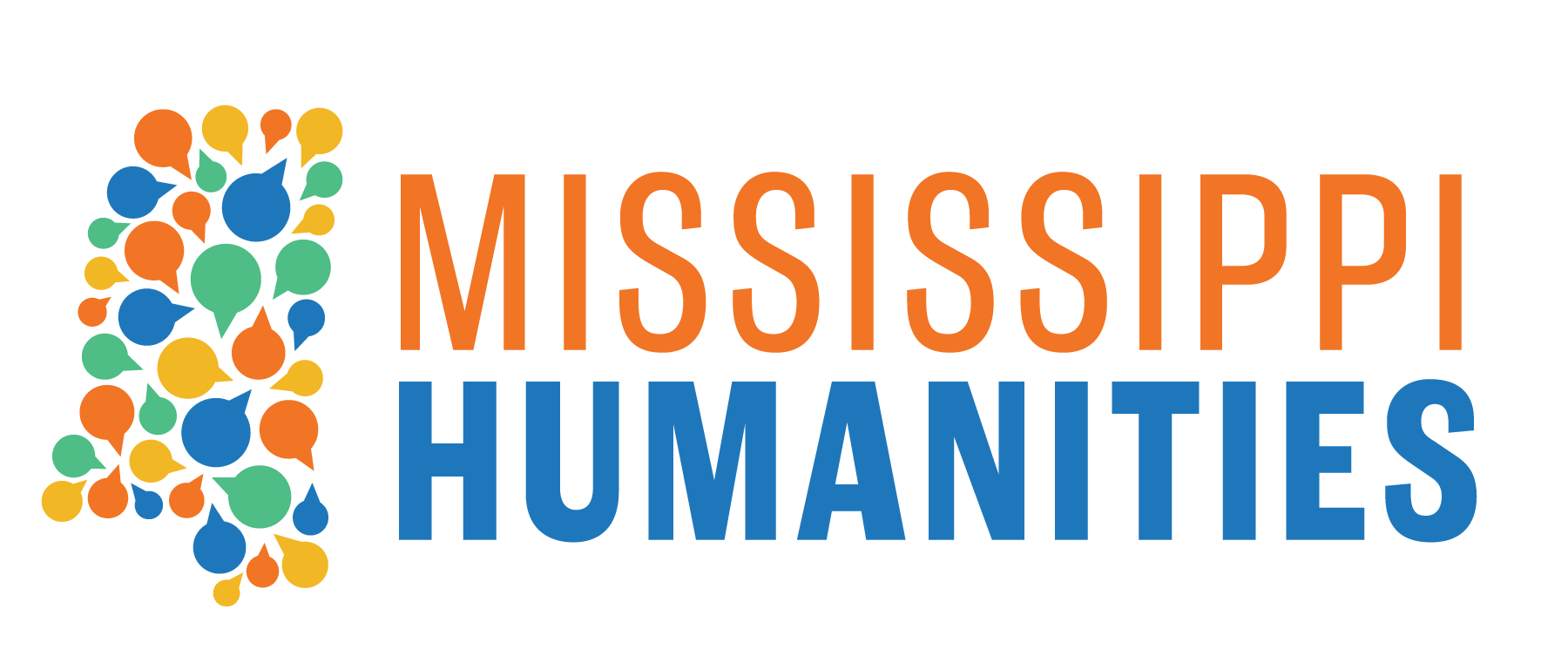June 6, 2023 (Bay St. Louis, MS) The Friends of Valena C. Jones School are delighted to announce that they have received a grant from the Mississippi Humanities Council to conduct an Oral History Project, focused on the pre-integration black school in Bay St. Louis. The project will interview former students and faculty of the school, preserving their memories of the institution and documenting their experiences in the early days of integration. The oral histories will be archived in the USM Center for Oral History and Cultural Heritage. The group is proud to also announce that the Valena C. Jones School was recognized as a Mississippi Landmark, a state historical site, by the Mississippi Department of Archives and History in April 2023. This was in large part due to the organizational efforts of the late Dr. Arthur Clementin III, a passionate community leader and proud alumnus of the school.

Please join the Friends of the Valena C. Jones School at a celebration on Saturday, June 17 at 11:00 am at the school, 310 Old Spanish Trail. There will be a short celebration of the grant, a tour of the building, and an opportunity to register interest in participating in the oral history project.
Following that, the community will join the Juneteenth Celebration at Martin Luther King Jr. Park on Herlihy Street in Waveland Mississippi for a program at 3:00 pm.
The school was named for Valena C. MacArthur Jones, born in Bay St. Louis, Mississippi in 1872. She graduated from Straight College in 1892 and upon graduation was made principal of the Bay St. Louis Negro School. She left that position in 1897 to teach in New Orleans Public Schools. She left teaching to marry the Rev. Robert R. Jones, the founder of Gulfside Assembly.
The original school building was designed by architect Milton B. E. Hill from Gulfport and constructed in 1947. Classrooms, a dining hall, and gymnasium were added in 1953, the gymnasium featuring an iconic barrel-vaulted roof. The vocational shop buildings were added in 1956 to complete the campus.
This project was made possible by a grant from the Mississippi Humanities Council, through support from the National Endowment for the Humanities. Any views, findings, conclusions, or recommendations expressed in this program do not necessarily represent those of the National Endowment for the Humanities or the Mississippi Humanities Council.
